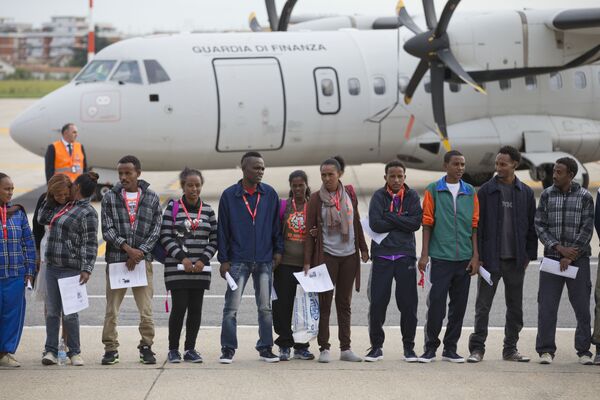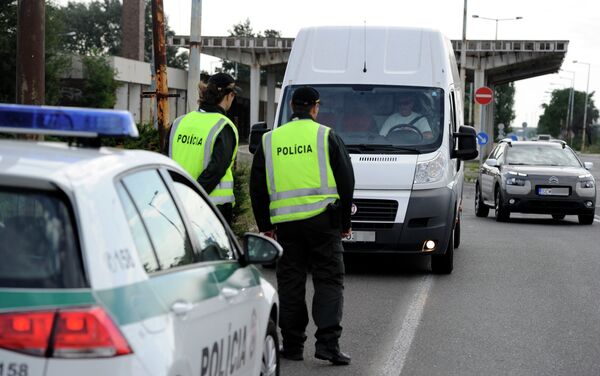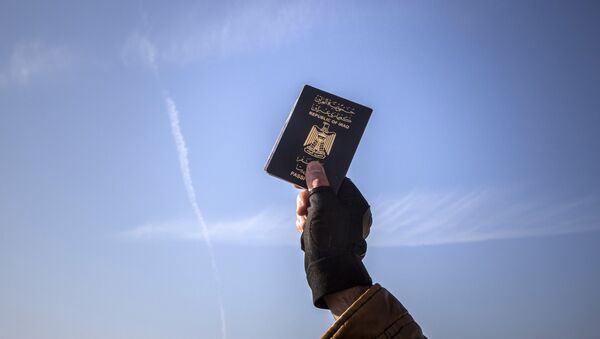"At this rate it will take until the end of this century to relocate 40,000 refugees," Riccardo Mattei, Italy's relocation coordinator told German newspaper Die Welt.
The lethargy of the program announced by the EC to fairly distribute migrants among member states has been blamed on bureaucracy and fear. The EU just wasn't ready, legally or structurally to start the proceedings. Soon, following the announcement, many Eastern European countries refused to take part, fearing groups of migrants could be infiltrated by terrorists.

But the recent image of 19 boarding a flight from Rome bound for Sweden seemed full of promise and signified a relaxation in the Dublin rules, which stipulate that asylum seekers must make their claim in the first country they arrive in.
At the time, politicians said it marked the start of 40,000 refugees being relocated throughout member states over the next two years. The reality of the situation turned out to be very different.
Hungary, Slovakia, Romania and the Czech Republic all remain staunchly opposed to easing the burden and helping Italy and Greece cope with the thousands of refugees and migrants arriving on their shores every day.

Earlier this year, the Hungarian parliament approved a bill allowing Prime Minister Viktor Orban to change the definition of "asylum seeker" to "economic migrant", so the country could refuse to grant arriving refugees any rights under EU law.
But it hasn't gone unnoticed. The European Commission has decided to take action and has opened an infringement procedure against Hungary in relation to its asylum law.
"Hungary should take heed and act now to restore the rights of asylum seekers to access its territory and fair asylum determination proceedings," said Iverna McGowan, acting director for Amnesty International's European Institutions office.
"By opening the proceeding against Hungary, the Commission is sending a strong message to countries tempted to backtrack on their human rights commitments in the context of the refugee crisis."
The message might be strong and the image of 19 Eritreans boarding a flight from Italy to Sweden might be promising. The reality on the ground is that over 650,000 refugees, migrants and asylum seekers have arrived in Europe this year, according to the International Organization for Migration (IOM).
Over 909,000 #migrants & #refugees entered Europe by sea so far in 2015–4x the 2014 recorded https://t.co/tYpSejEqCE pic.twitter.com/DFZaRqEFsK
— IOM (@IOM_news) December 9, 2015
However, the European Union has promised to relocate just 24 percent of the total number of refugees who have fled conflicts in Syria, Afghanistan, Pakistan and Africa so far this year.
And the resettlement of 133 people is also a miniscule fraction, representing just 0.02 percent of the 650,000 refugees who made it to Europe.


